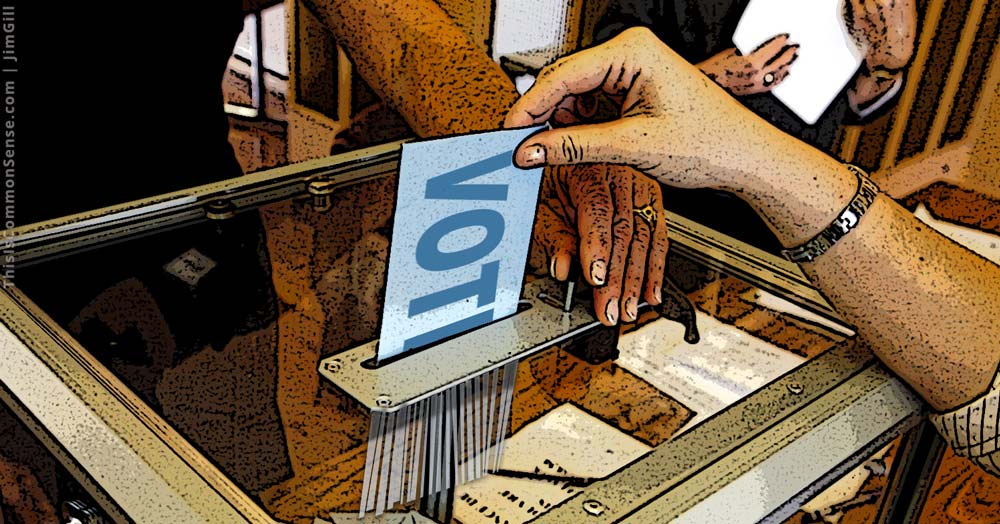War was once big news. Now? Not so much.
Which may be a function of the never-ending War on Terror, no end in sight in Afghanistan and an Iraq War that is officially over … except for the fighting.
Last October, Green Party presidential candidate Jill Stein busied fact-checkers by claiming the U.S. was “bombing seven countries.” True, declared PolitiFact: Afghanistan, Iraq, Libya, Pakistan, Somalia, Syria and Yemen.
Yemen is better known after January’s raid that killed Navy SEAL Ryan Owens, wounded three other SEALs, and killed 14 to 25 Yemeni civilians, including children. Last week, during President Trump’s speech to Congress, Owens’s widow, Carryn, received a thunderous ovation.
But, as I argued at Townhall, “Ryan Owens and his widow and her three now fatherless children deserve more than applause.“ How about thoughtful policies and a Congress that holds the executive branch accountable?
Invading Iraq was a mistake. So was President Obama’s swerve over to destabilize Libya.
“We are not about to send American boys 9 or 10 thousand miles away from home to do what Asian boys ought to be doing for themselves,” President Lyndon Johnson once said … right before he sent more American soldiers to Vietnam.
Consider that U.S. Special Forces were deployed to 70 percent of the world’s nations in 2016. And, in recent weeks, President Trump asked for a $54 billion increase in military spending, and we have learned of Pentagon plans to seek a “significant increase in U.S. participation” against ISIS.
We owe it to those in uniform to ask tough questions, including: Is what we’re doing really worth a single American life?
This is Common Sense. I’m Paul Jacob.
Further reading:
Reason: Is the Military Really “Depleted” After Years of Record-High Spending?
The Atlantic: Fighting Terrorism With a Credit Card
The National Interest: America Is Never (Ever, Ever) Ending the War on Terror











